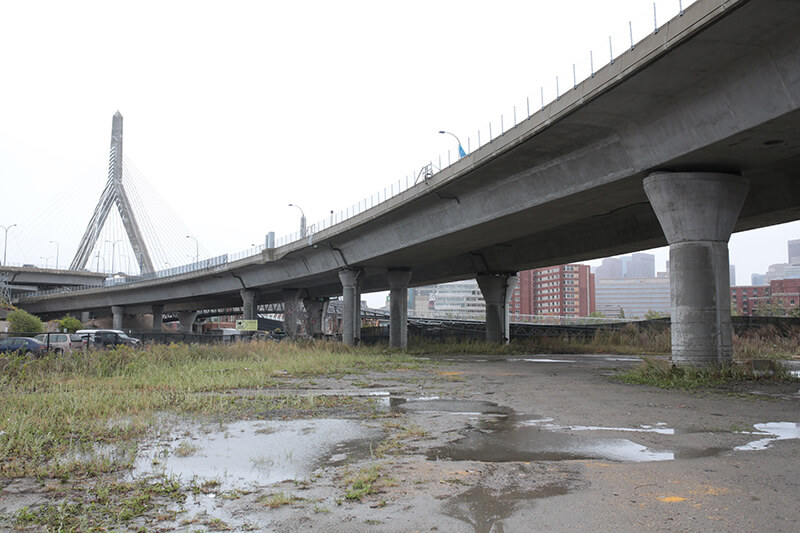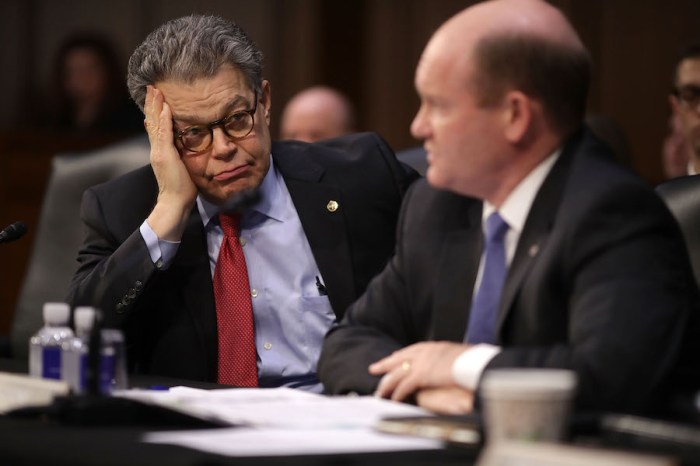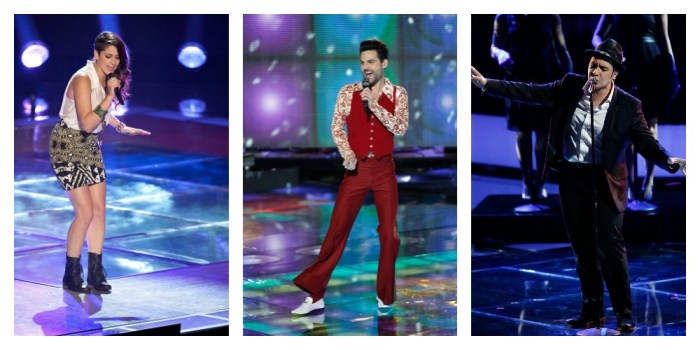State and local officials broke ground Thursday on what will become New England’s largest skate park, a $4.5 million project that will transform 40,000 square feet of polluted brownfield in East Cambridge, near the Charles and underneath ramps to Zakim Bridge. The park, which is expected to be finished sometime in 2015, has been more than a decade in the making. Fundraising efforts were first launched in 2003.
The seeds of the park were sewn artist Nancy Schon learned that skateboarders were utilizing her sculptures — the Tortoise and Hare in Copley and Make Way for Ducklings pieces in Boston Public Garden — as a place to practice skating. She then partnered with the Charles River Conservancy to advocate for the construction of the park. CRC would ultimately raise more than $3 million for the park, which about how much the construction of the park will cost. Planning and design cost another $1.5 million, according to the CRC. Vans, the shoe and skateboard company will contribute $25,000 annually toward the maintenance of the park for seven years. The total project — including construction, environmental remediation, planning and design — will cost $4.5 million, according to the CRC.
That figure includes a $1.5 million donation from Vans, which plans on hosting two skating events per year at the site, an $800,000 donation from the Lynch Foundation — the park is called the Lynch Family Skatepark — $1.75 million raised via various grant donors, and $450,000 in public money. The public money includes $100,000 from the Boston Redevelopment Authority, $200,000 from the city of Cambridge and $150,000 in state funding.
Ben Kerrigan, proprietor of BostonSkateboarder.com, said there is a great need for the park. He said the city’s existing parks — in East Boston and Hyde Park — are too far away for many skaters. The park will also offer a place for beginners, who are people “you don’t want in the streets anyway,” to practice, said Kerrigan.
Boston, he said, doesn’t allow skaters on bike paths, on the sidewalks or on the streets, meaning that skateboarders are risking fines of up to $100 each time they decide to skate outside a park. “The park means you won’t have to be looking over your shoulder constantly,” he said.
Work begins on $4.5 mil Cambridge skatepark

Metro/Nicolaus Czarnecki


















